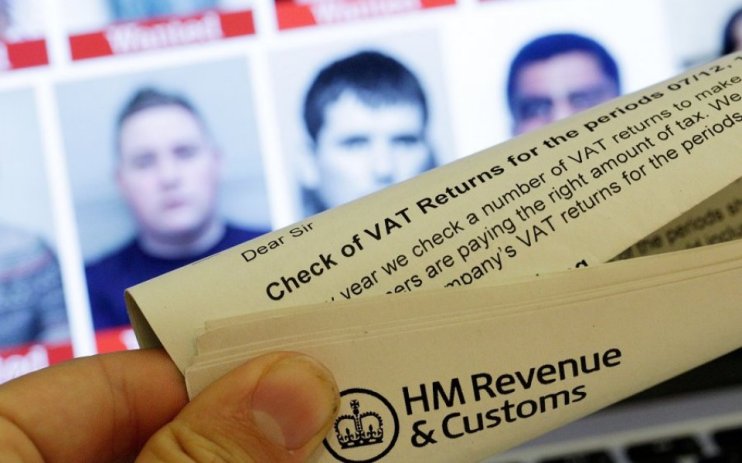HMRC suspects big firms are underpaying £1.4bn due to workers’ false ‘self-employed’ classification

The taxman suspects big firms are underpaying tax to the tune of £1.4bn, by classifying workers as ‘self-employed’ when they’re actually full staff.
Leading law firm Pinsent Masons claims HMRC (HM Revenue & Customs) suspects companies are classifying staff as self-employed to avoid making Employers’ National Insurance contributions.
HMRC has been clamping down on the so-called ‘hidden employees’ loophole, with a view to ensuring workers are classified as company employees, for tax reasons.
This comes after HMRC won a case against former Sky Sports football commentator Alan Parry, about a tax bill amounting to £356,000. His self-employed status was disputed, after he claimed he should not be taxed due to the IR35 government regulation for off-payroll workers.
The IR35 rule was changed in April last year, imposing tax and compliance risks on SMEs, whereby previously they would need to be paid by a personal service company (PSC).
A legal director at Pinsent Masons, Penny Simmons, said: “Large businesses need to review how they engage off-payroll workers and manage employment tax risks.
“Businesses should ensure they have robust on-boarding procedures in place and are applying the IR35 rules correctly, whilst also having a process for making comprehensive employment tax status determinations for all workers to be paid on a self-employed basis.
Partner at Pinsent Masons, Steven Porter, said “off-payroll workers are one of HMRC’s biggest priorities at the moment – even businesses that have sought to comply with the IR35 rules are finding themselves in the crosshairs.”
He said the taxman “believes it may be missing out on more than a billion pounds a year from large businesses that are paying workers on a self-employed basis.
“Figures on that scale will push off-payroll workers to the front of the queue when it comes to HMRC opening investigations.”
An HMRC spokesperson said: “We continue to support businesses to help them get employment taxes right. The £1.4 billion estimate relates to all employment income and national insurance matters where we want to check employers have paid the right tax.”
